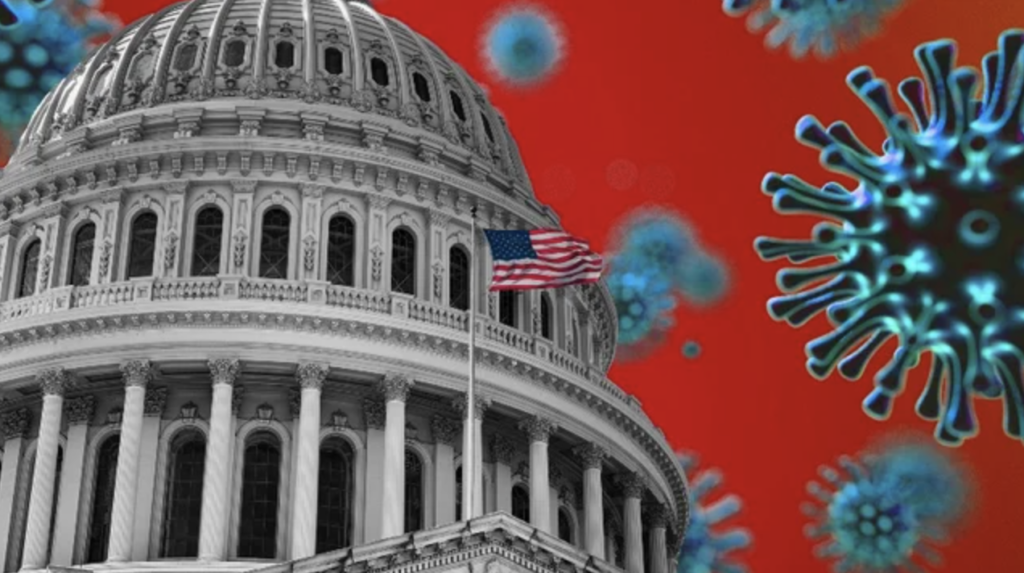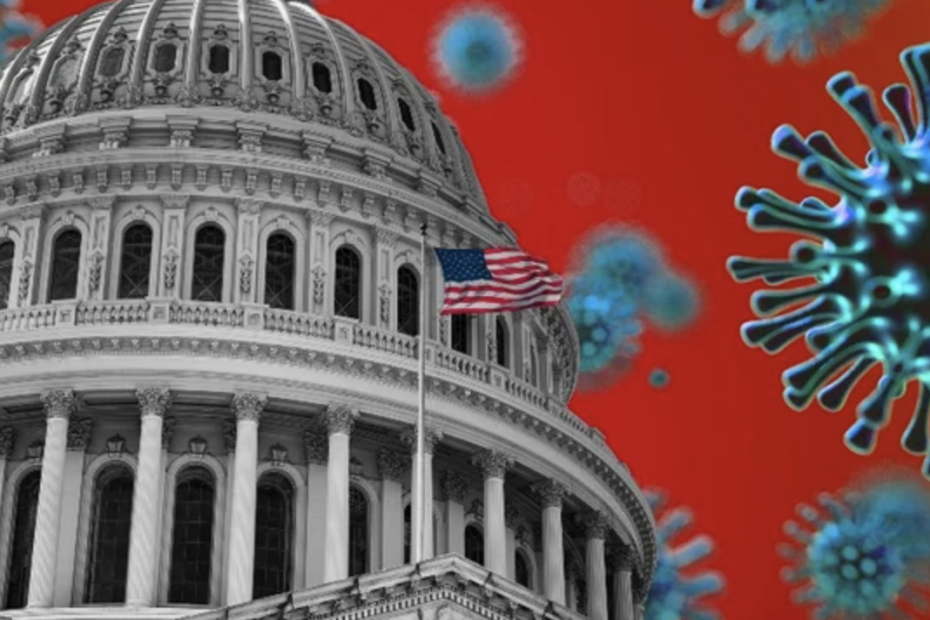This piece appeared as an editorial in The Hill on July 30, 2020, and has garnered more than 590 shares, making it one of the top reads of the day. Click here to read it on the site, or see the full text below:

Leaders across the country are struggling as they figure out how to respond to the pandemic. We’re seeing instability at all levels — local, state and national — as chaos heaps on top of chaos. Without a doubt, this is an unprecedented and challenging time to lead, but it’s particularly troublesome for narcissistic leaders who can’t control the mayhem in front of them.
Typically, leaders who have narcissistic personality traits thrive in a time of chaos. They’re meant to be transformational leaders who drive change rather than stability. They have the confidence, assertiveness and extraversion to take risks and charm others. They’re great at public performance and enjoy speaking to reporters and talking heads. They embrace the chaos to advance their careers and use the momentum to catapult themselves to the next level.
Psychologists have called this the “Energy Clash Model,” when narcissistic force meets resistance from a system or organization. The model has three phases — perturbation, conflict and resolution — where instability emerges, chaos ensues and then stability arises again. At a company, for instance, a narcissistic leader might sow seeds of instability by proposing reforms, creating a new vision and kindling excitement. The “system” then fights back (sometimes through financial losses or human resources), and the narcissist either is booted or is allowed to create innovation and evolution.
With the coronavirus, though, leaders are facing an unusual and formidable foe. You can’t beat a virus in an election. You can’t “neg” it and make it feel bad. You can’t taunt the “invisible enemy,” withhold financial incentives or threaten to send troops into its country. The virus doesn’t have a nationality, a political party, socioeconomic status or ego. You can’t bluster, dominate or negotiate with the virus. You can try to do these things, but COVID-19 doesn’t care.
So what to do? Narcissistic leaders double-down on their bombastic leadership style. They can’t admit defeat or let on that they don’t know what they’re doing, so they keep going. We’re seeing that now — leaders across the country are making overconfident, aggressive decisions about what to do next without much of a basis. They’re citing different data, studies and experts to back up their choices, and it’s carried out swiftly with less and less thoughtful consideration.
Without a physical enemy to fight, narcissistic leaders then turn on each other. We’re seeing this now as governors and mayors in various states bicker about what communities should and shouldn’t do to stop the spread of the coronavirus. States are blaming the federal government for failures, federal officials are punching back down at state leaders, and public health officials are facing growing threats. School districts are fighting amongst themselves and against their state boards of education to determine when and how to open schools in the fall. Everyday people are yelling at each other on the streets and in parking lots about whether to wear a face mask.
In fact, in two new studies in the peer-reviewed academic journal Personality and Individual Differences, researchers in Poland found that people with narcissistic traits were less likely to follow COVID-19 restrictions. They were more likely to be concerned about the negative aspects that affected themselves, such as the inconvenience of wearing a mask or limiting non-essential trips outside of the home. They were also more likely to reject restrictions that challenged their feeling of control and power. In the end, it’s a battle of egos.
Essentially, the coronavirus is playing us. We can’t create an “us versus them” strategy to defeat it, and even if we could (as some leaders have tried to claim), we don’t agree on the right tactics to do it. Plus, the virus isn’t simply an external enemy that can be vanquished — it’s also an internal enemy once someone becomes infected. It both brings us together in commiseration and pushes us apart by being wary and judgmental of each other. A classic narcissistic leader would unite us to “defeat the enemy,” but as the number of COVID-19 cases continues to rise in states in the South and the West, we’ve become convinced that we are the enemy. It’s a challenging battle, and with nothing physical to fight, we end up fighting each other.
Amidst this overwhelming chaos, though, we have hope. Just as stability breeds instability, instability creates stability as well. Looking to the Energy Clash Model again, we know that a period of upheaval inevitably leads to a new status quo. After four months of uncertainty, people are beginning to turn inward and find ways to stabilize their own lives. They’re looking at alternative institutional structures (remote work and online education), agriculture networks (farmer’s markets and co-ops), practical pastimes (vegetable gardening and breadmaking) and new lifestyles (RV living and increased interest in single-family home buying).
The new stable reality is already forming beneath the surface of the current chaotic veneer. We won’t see the full effects for some time, and it’s tough to guess exactly what that “new normal” will look like, but it’s on the way. That’s how the system works. Now the narcissistic leaders need to catch up.
Carolyn Crist is a health and medical journalist. Follow her on Twitter @cristcarolyn. W. Keith Campbell, Ph.D. is a professor of psychology and a researcher on narcissism at the University of Georgia. Follow him on Twitter @wkeithcampbell. They are the authors of “The New Science of Narcissism: Understanding One of the Greatest Psychological Challenges of Our Time—and What You Can Do About It.”
